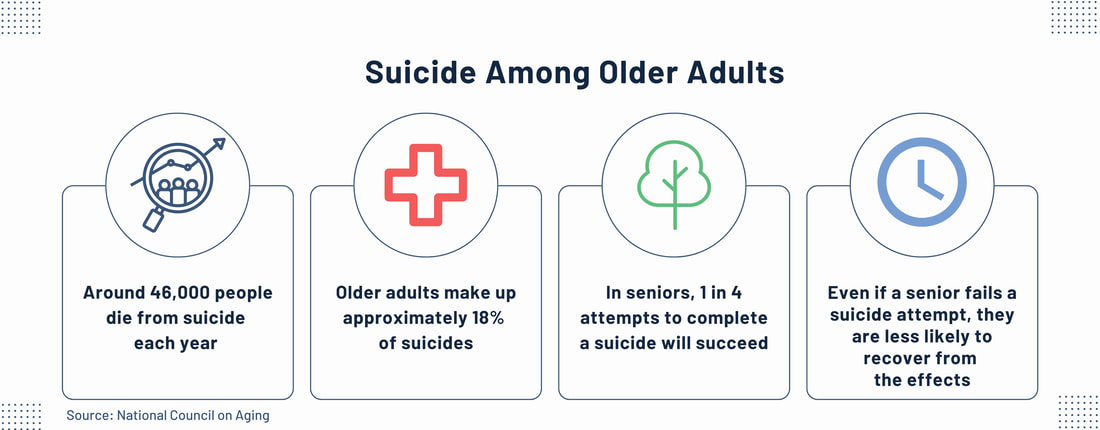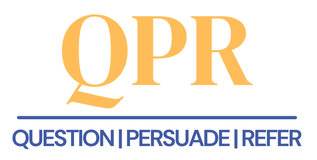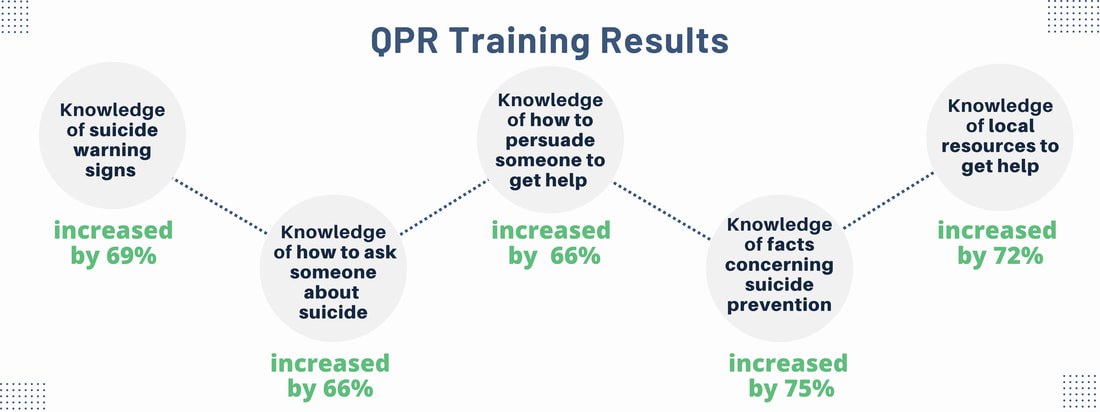Emergency Suicide Prevention Resources
Suicide & Crisis Lifeline:
Dial 988
1 - 800 - TALK (8255)
1 - 800 - SUICIDE (734-2433)
Text: 74174
Detroit Wayne County Integrated Health Networks
1 – 800–241-4945
Certified Community Behavioral Health Clinic (CCBHC)
1 - 800-231-1127
New Center Community Mental Health Services
313-883-2400
For Veterans: 1 - 855-838-8255
Dial 988
1 - 800 - TALK (8255)
1 - 800 - SUICIDE (734-2433)
Text: 74174
Detroit Wayne County Integrated Health Networks
1 – 800–241-4945
Certified Community Behavioral Health Clinic (CCBHC)
1 - 800-231-1127
New Center Community Mental Health Services
313-883-2400
For Veterans: 1 - 855-838-8255
What We Know
- Suicide is one of the leading causes of death in the United States.
- 18% of all suicide deaths are older adults.
- Loneliness, fear of becoming a burden, grief, frustration over lack of self-sufficiency, chronic pain, illnesses, and cognitive disabilities are common reasons why older adults might consider and attempt suicide.
- Older adults are more likely to succeed in their suicide attempts because of detailed planning.
- They are also less likely to recover from the effects of failed attempts.
Common Myths About Suicide Prevention
Myth: Suicide is inevitable, no one can stop it.
Fact: If a person in crisis gets the help they need, they will probably never be suicidal again
Myth: Confronting a person about suicide might only make them angry and increase the risk of suicide
Fact: Asking someone directly about suicidal intent lowers anxiety, opens up communication and lowers the risk of an impulsive act
Myth: Only experts can prevent suicide
Fact: Anyone can help the tragedy of suicide
Fact: If a person in crisis gets the help they need, they will probably never be suicidal again
Myth: Confronting a person about suicide might only make them angry and increase the risk of suicide
Fact: Asking someone directly about suicidal intent lowers anxiety, opens up communication and lowers the risk of an impulsive act
Myth: Only experts can prevent suicide
Fact: Anyone can help the tragedy of suicide
"Suicide prevention training is extremely important because it creates a safe space, support system, and overall a more understanding society. Each day can become a struggle for people with mental health issues, but if we collectively have a basis to encourage, assist, and uplift each other, they might have a better future."
- Wayne State University Student on Suicide Prevention
Our Response
QPR Suicide Prevention Training
QPR stands for Question, Persuade, Refer; three steps anyone can take to help prevent suicide.
Mission: To save lives and reduce suicidal behaviors by providing innovative, practical and evidence-based suicide prevention training. We believe that quality education empowers all people, regardless of their background, to make a positive difference in the life of someone they know.
Mission: To save lives and reduce suicidal behaviors by providing innovative, practical and evidence-based suicide prevention training. We believe that quality education empowers all people, regardless of their background, to make a positive difference in the life of someone they know.
Training Goals
- To learn the risk factors and warning signs of suicide
- To learn how to respond to someone in crisis
- To understand suicidal communications
- To learn which groups are at higher risk
Our Partner
Virtual Dialysis Support Center
Training Events
Upcoming Trainings: Wednesday, July 31, 2024, Wednesday, October 30, 2024, November 13, 2024
Trainings are from 1:00pm-3:00pm
Trainings are from 1:00pm-3:00pm






